Daniel Shporin
The Rising Cost of Healthcare Education
College costs have been rising for decades; that's nothing new. According to a 2022 Washington Post article, the average cost of tuition and fees at a four-year public institution rose by 38% over the past decade, while the average cost at a private institution rose by 24%.
These increases have left many students struggling to afford tuition, forcing them into higher debt loans and long-term repayment plans. In addition, Fortune recently reported graduates are holding off on having children due to the debt they face; something projected to have long-term ripple effects on the economy for generations. In healthcare, this issue could exacerbate the nursing shortage as we see a smaller pool of incoming students and a lack of persistence past the first 6 months on the job.
The Cost of Nursing Education
According to the Bureau of Labor Statistics, nursing is one of the fastest-growing professions in the United States, with the demand for nurses expected to increase by 7% between 2019 and 2029. However, the cost of nursing education is a barrier for many students.
On average, the National Center for Education Statistics (NCES) reported that attending a four-year nursing program costs $21,340 per year, including tuition, fees, and other expenses. This cost can be even higher for students pursuing advanced degrees in nursing or attending private institutions.
The Importance of Healthcare Professionals
The importance of healthcare professionals, especially nurses, has never been questioned. The shortage has been a talking point for years as nurses retire faster than new graduates enter and stay in the profession. But with the COVID pandemic putting an incredible strain on the healthcare system, an increasing number of nurses resigned, exacerbating the shortage at a time when we needed the exact opposite.
Addressing the Nursing Shortage with Low-Cost Solutions
At ChartFlow and our sister company HealthEd Global, we're working to do our part by helping reduce crushing student tuition by creating low-cost products to help healthcare education programs reduce costs without sacrificing learning outcomes.
Introducing ChartFlow
One of our first products is ChartFlow, a low-cost educational electronic health record (EHR) designed for all healthcare education programs. ChartFlow allows students to practice using an EHR in a realistic clinical setting, helping them to develop the skills they need to succeed in the workforce.
Nursing, respiratory therapy, allied health, and other healthcare programs can also incorporate ChartFlow as a tool for case study review—providing students with a realistic patient health record for them to analyze, document, and make clinical decisions.
We were inspired to build ChartFlow as an affordable option that all programs can use with their students. We’re hoping that over time, our platform can grow beyond an EHR, incorporating additional learning modules, scenarios, and simulations to help programs reduce the overall cost of healthcare education.
Our work with HealthEd Global
In addition to ChartFlow, HealthEd Global is developing a bundle of low-cost products to help healthcare education programs consolidate costs.
As our team, led by Jaime Fiorucci, wraps up our project for birthing attendant certification in Africa, we are focusing on creating competency and assessment-based learning tools for healthcare programs worldwide.
A bundle of low-cost solutions
At ChartFlow and HealthEd Global, we are committed to providing low-cost solutions for healthcare education. We aim to make it easier for students to pursue their dreams of becoming healthcare professionals and address the growing nursing shortage.
Looking to the future
In conclusion, the rising cost of tuition has made it difficult for many students to pursue higher education, including those pursuing healthcare professions such as nursing. At ChartFlow and HealthEd Global, we are committed to doing our part to help reduce costs without sacrificing learning.
By providing low-cost solutions for healthcare education, we strive to make it easier for students to pursue their dreams of becoming healthcare professionals and address the growing nursing shortage.
More posts like this
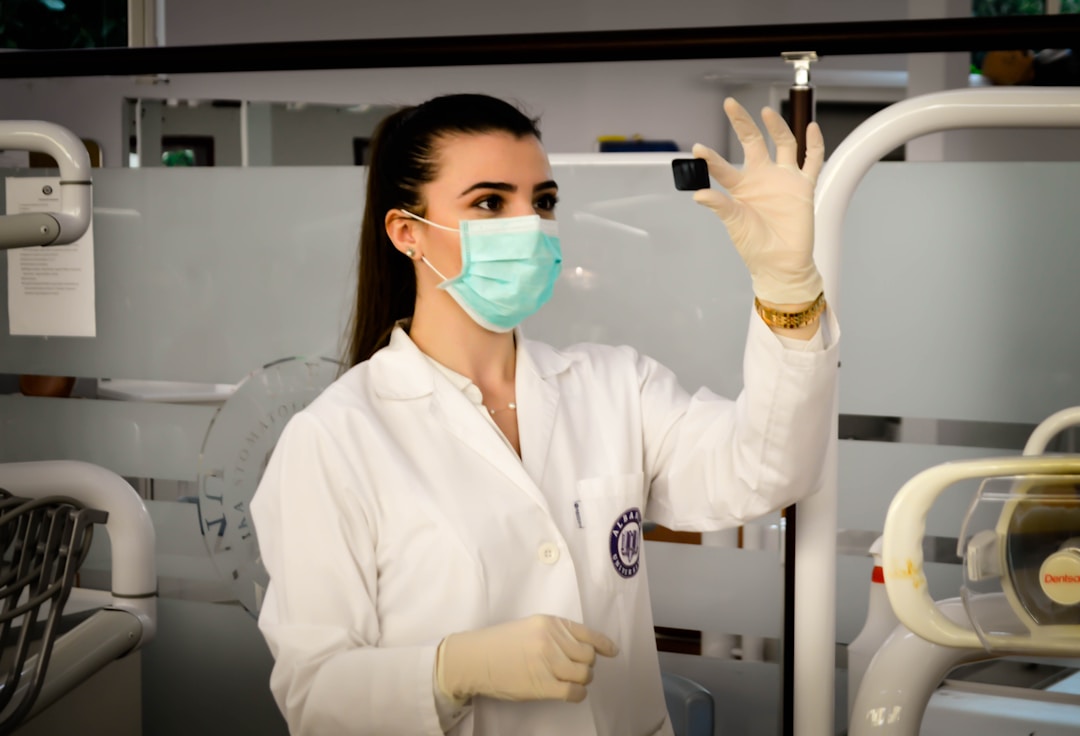






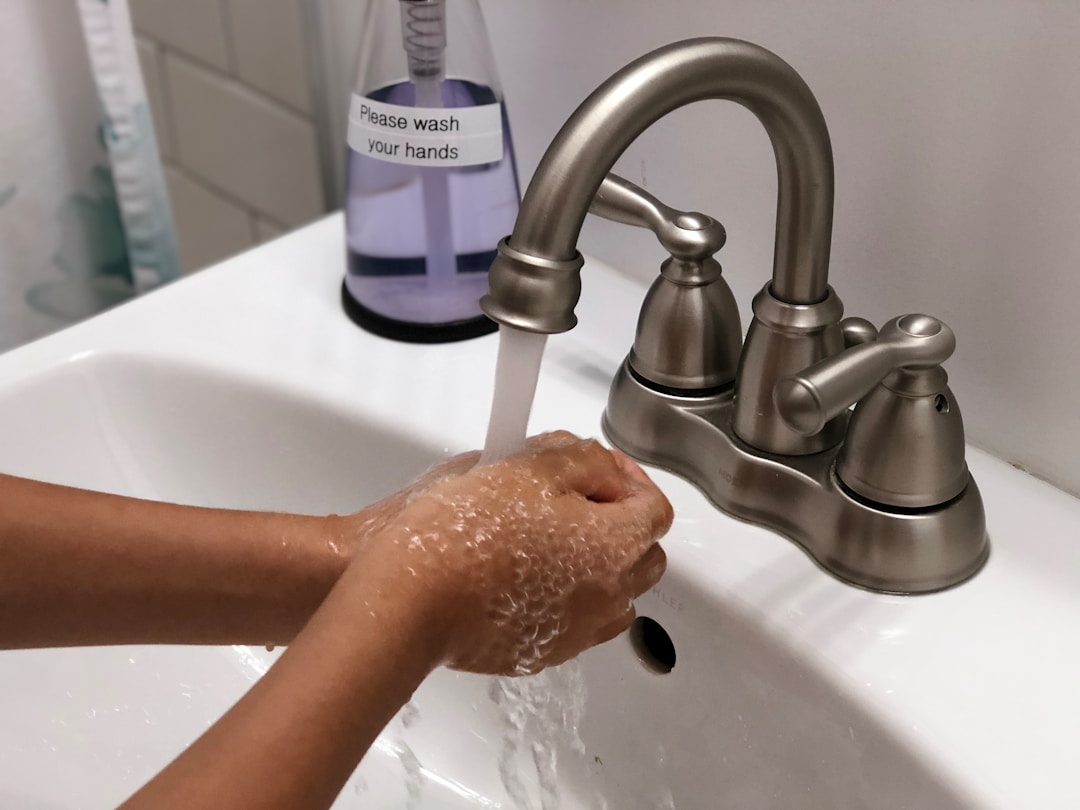
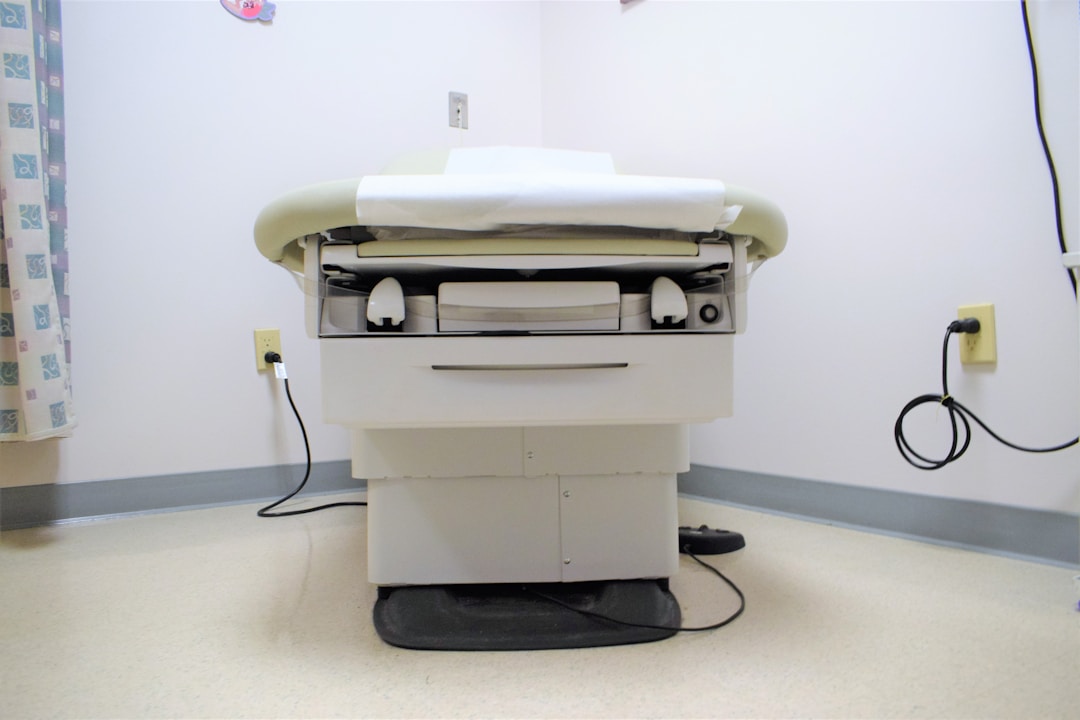




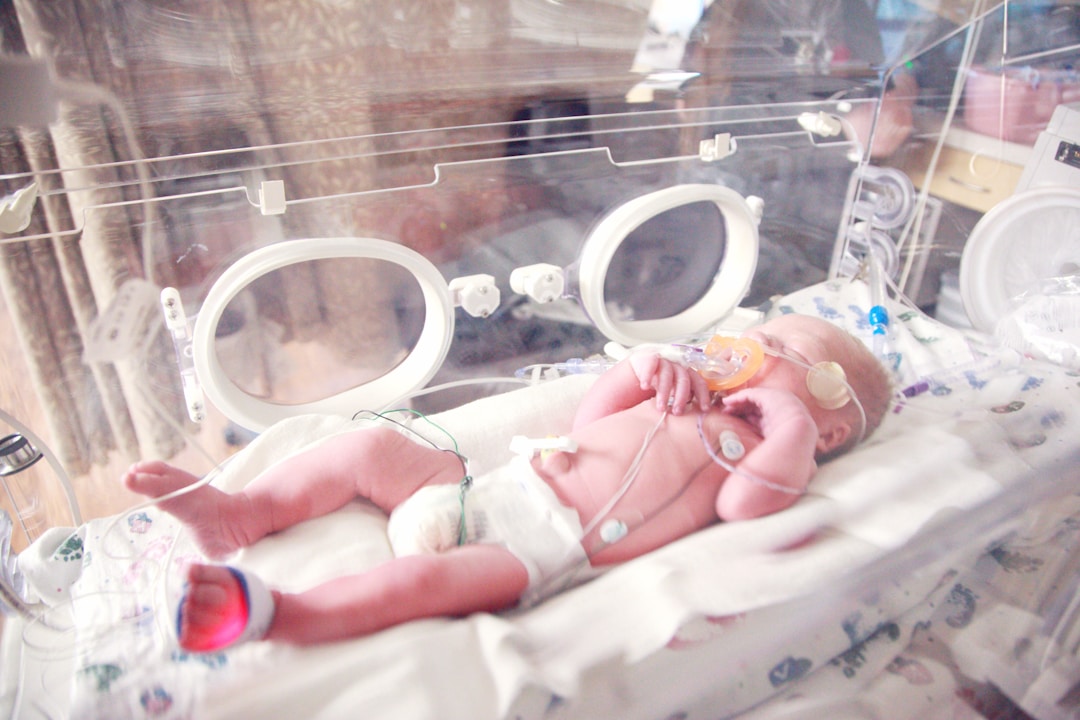











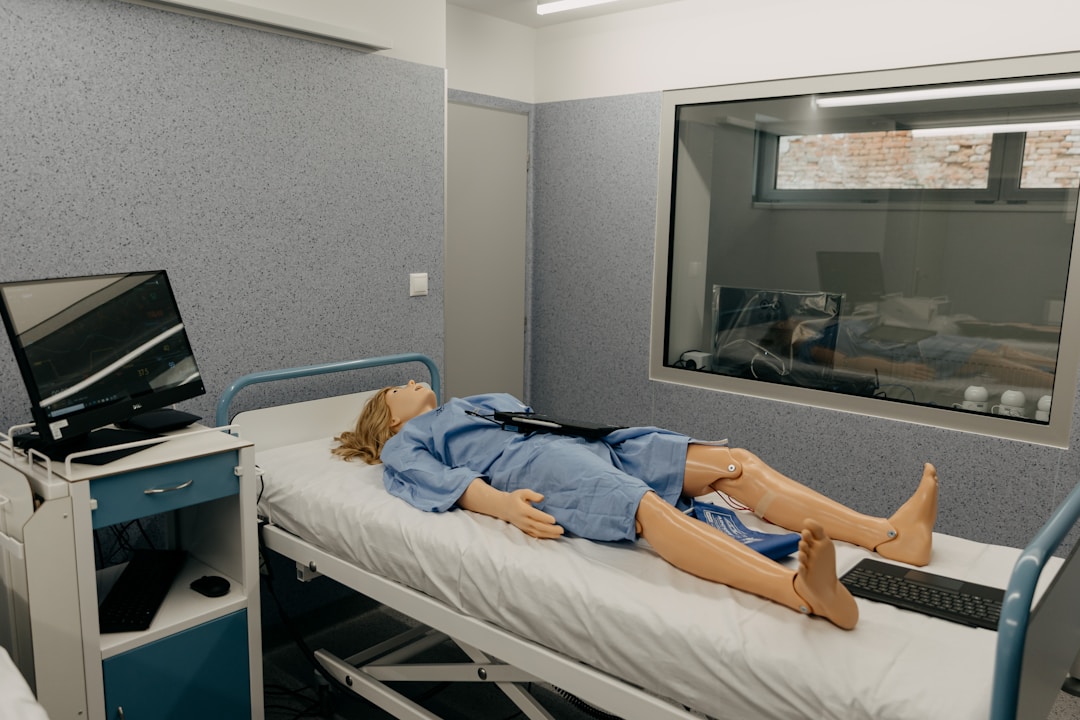
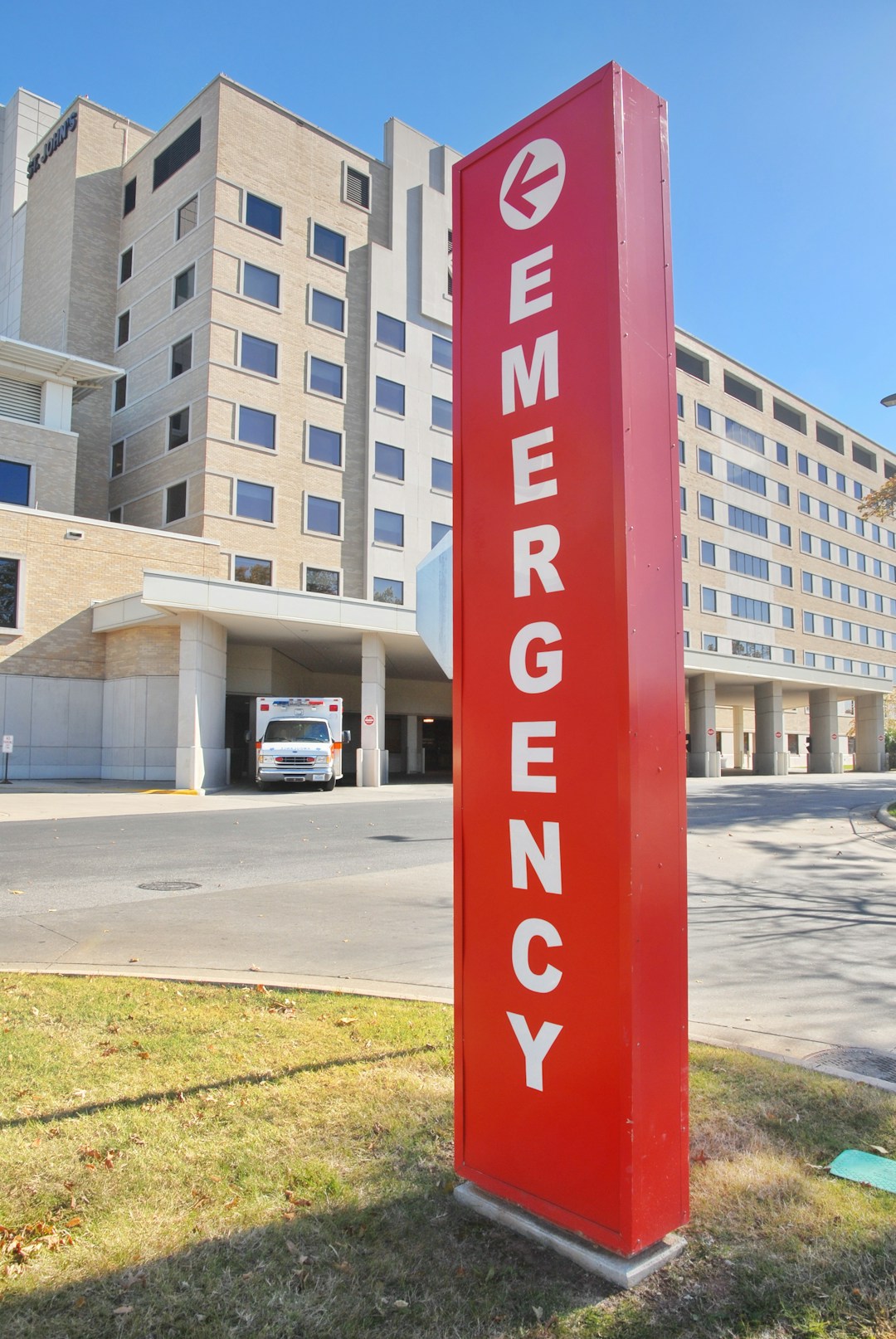
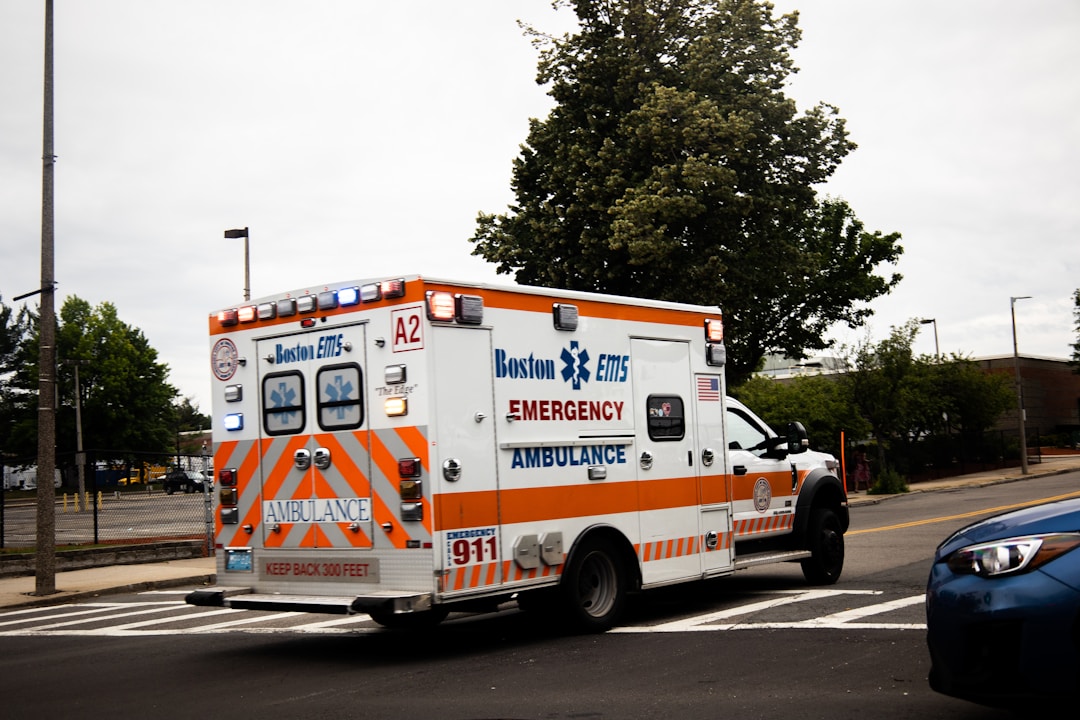







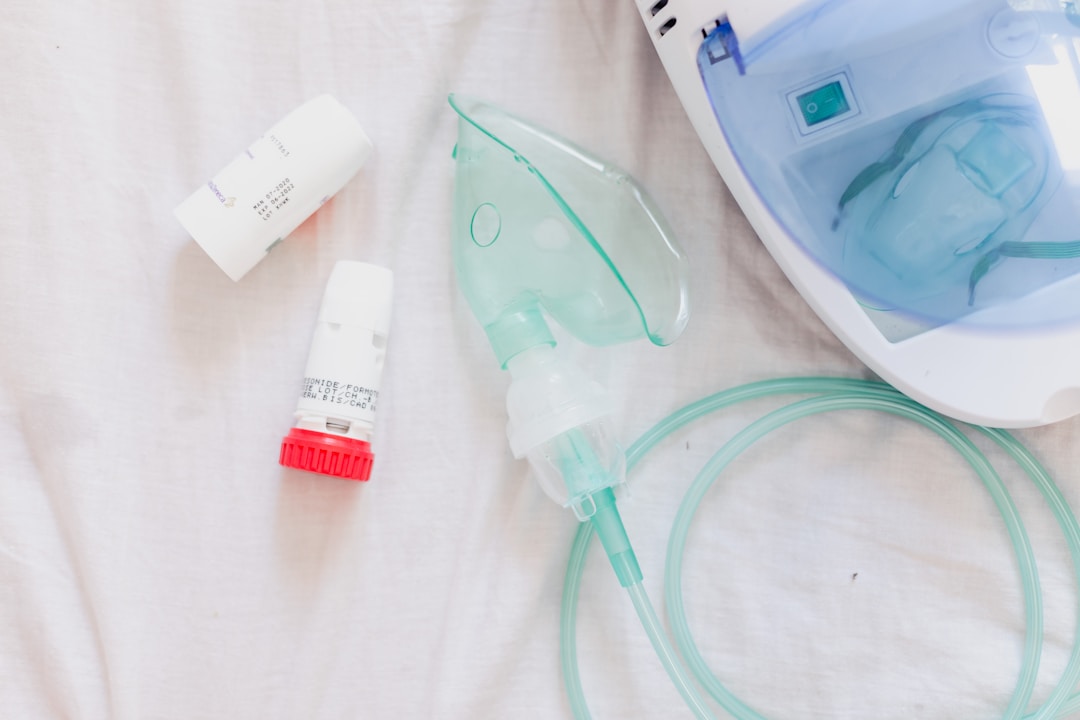



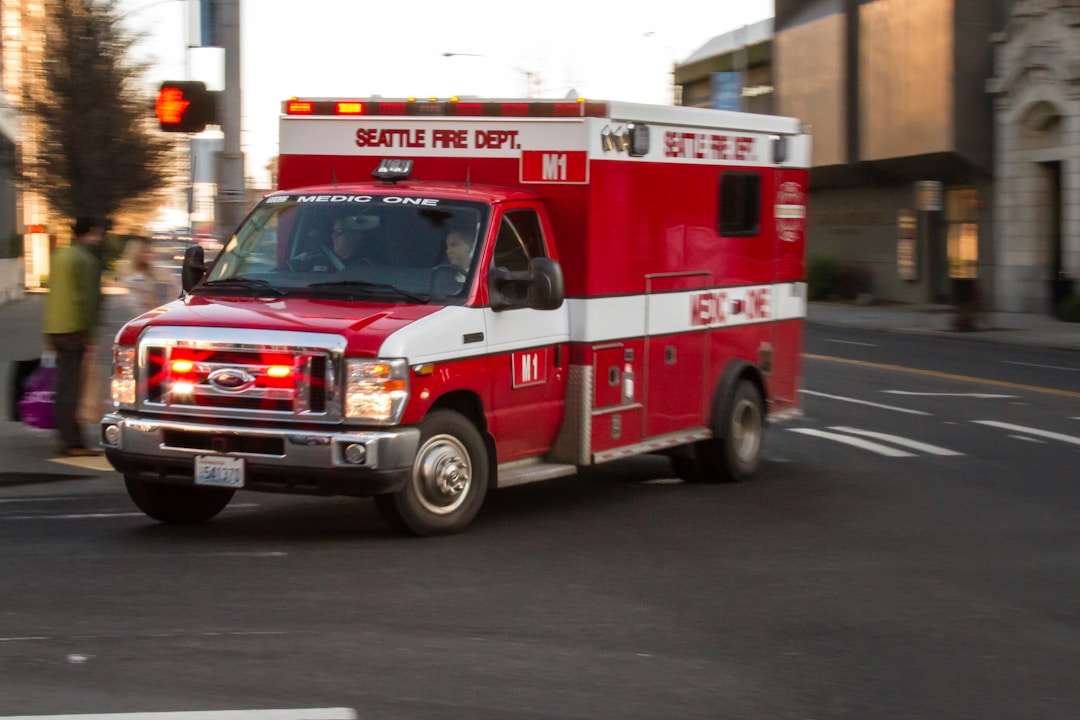
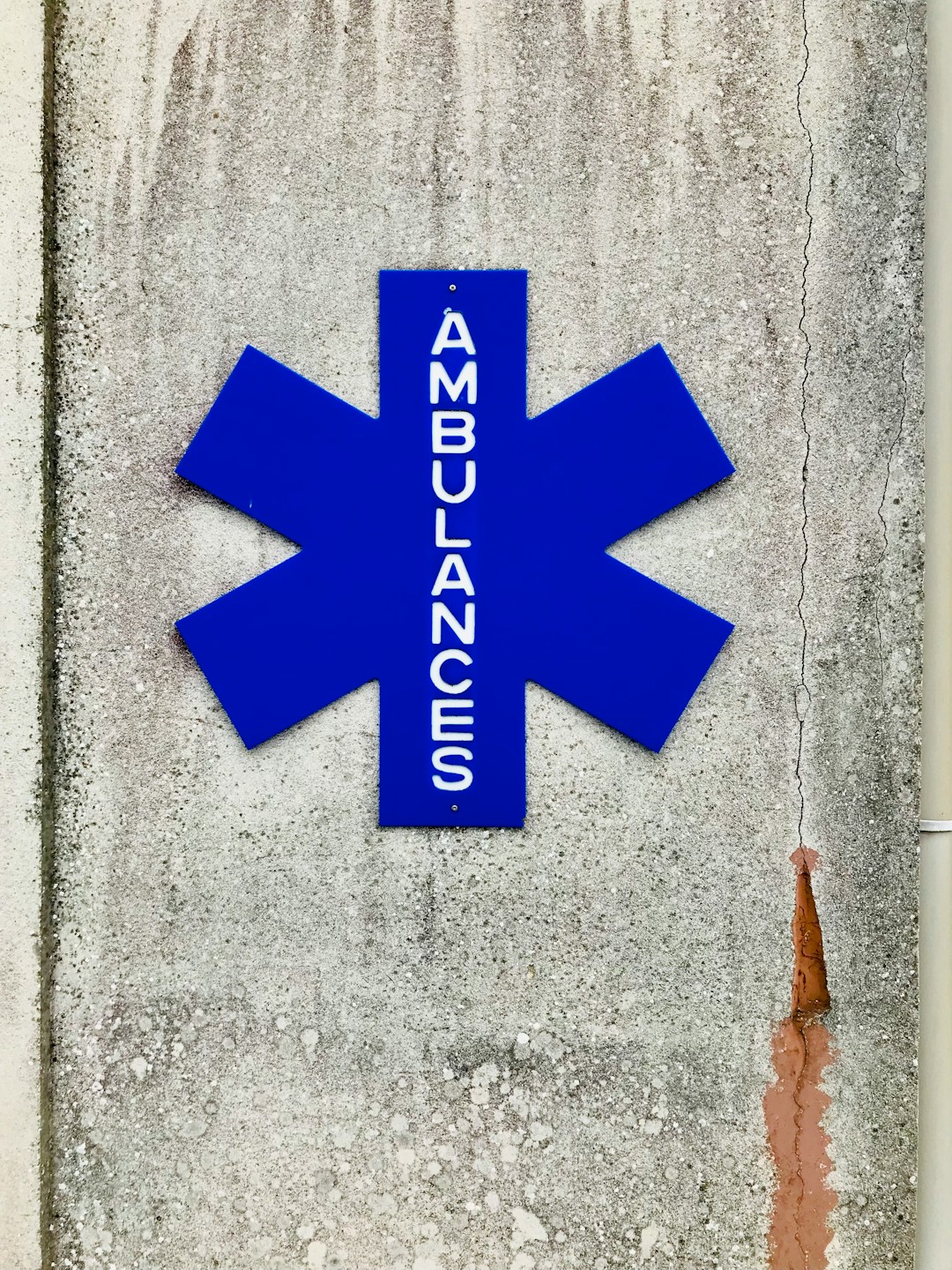





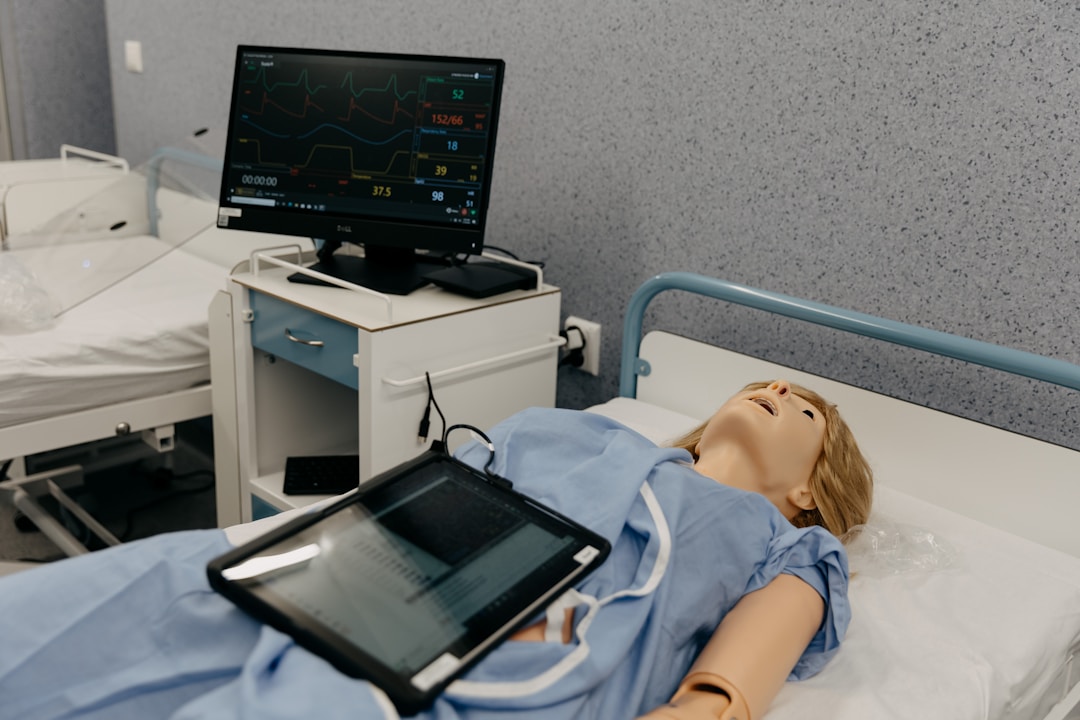



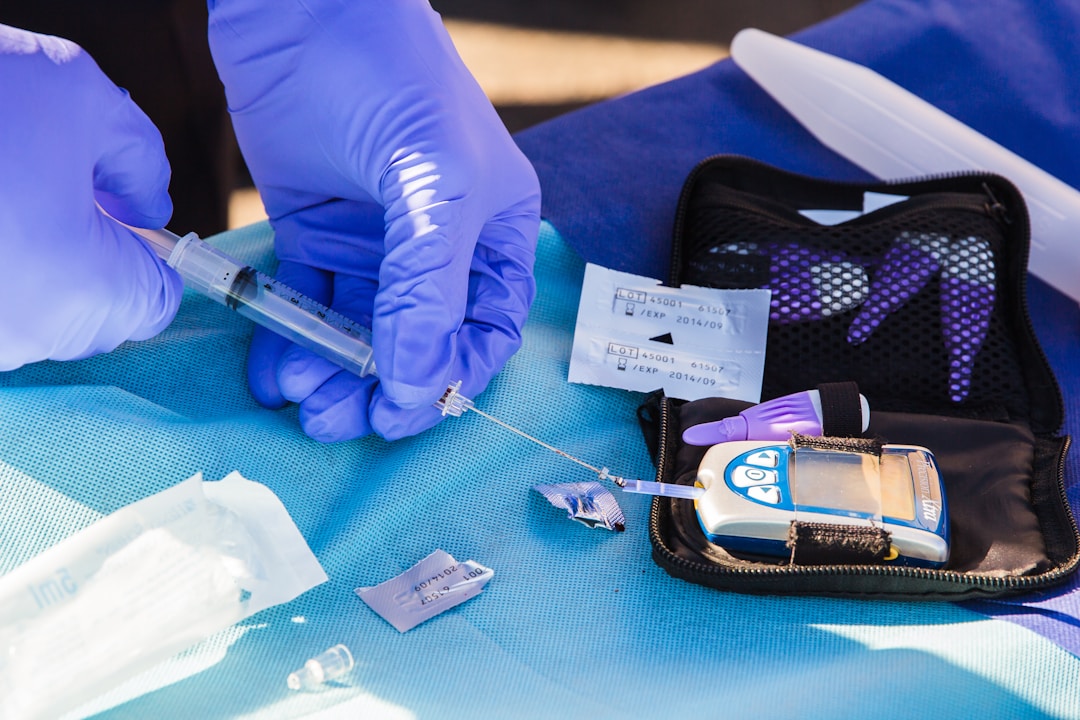


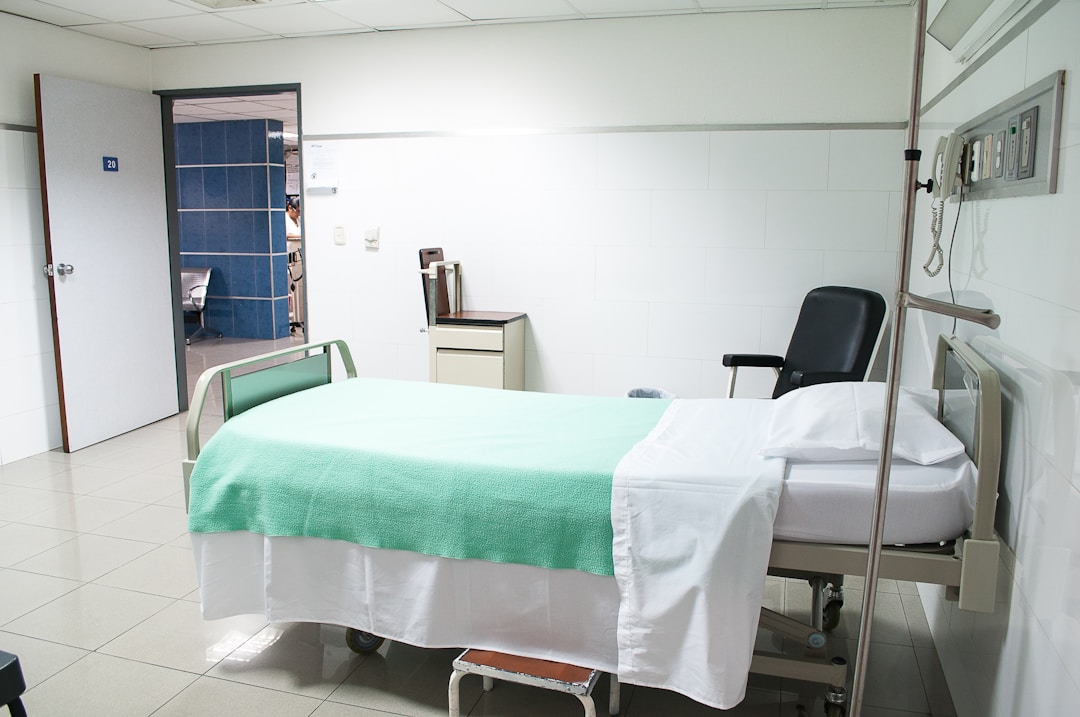








/w=1920,quality=90,fit=scale-down)
_(1)/w=1920,quality=90,fit=scale-down)








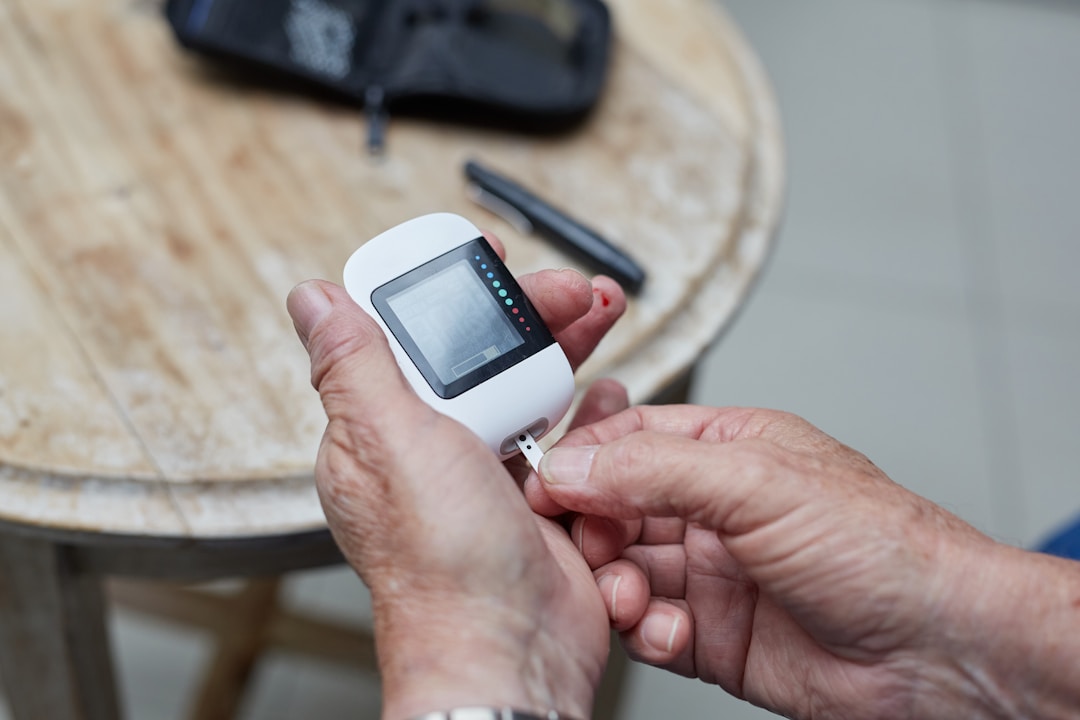


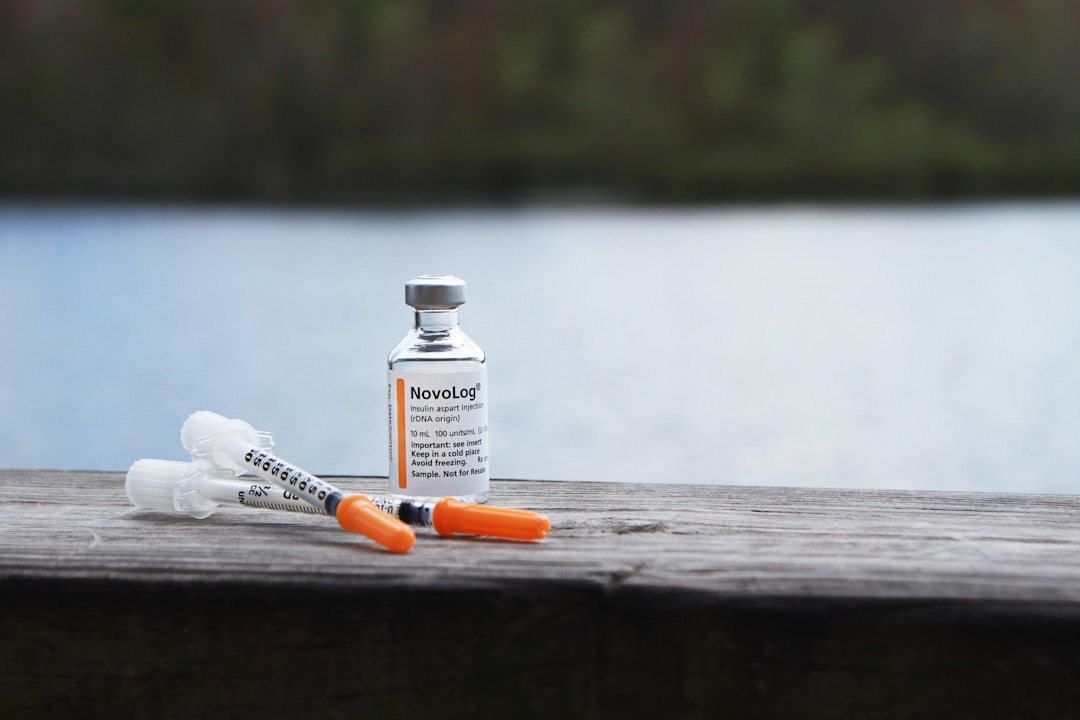


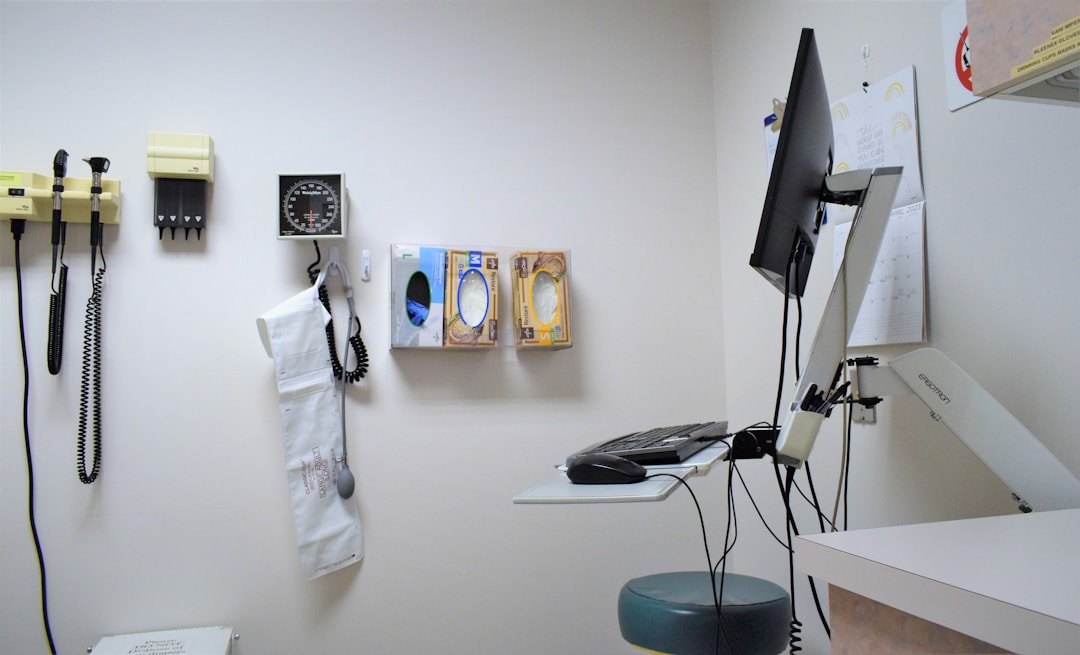
_(2)/w=1920,quality=90,fit=scale-down)











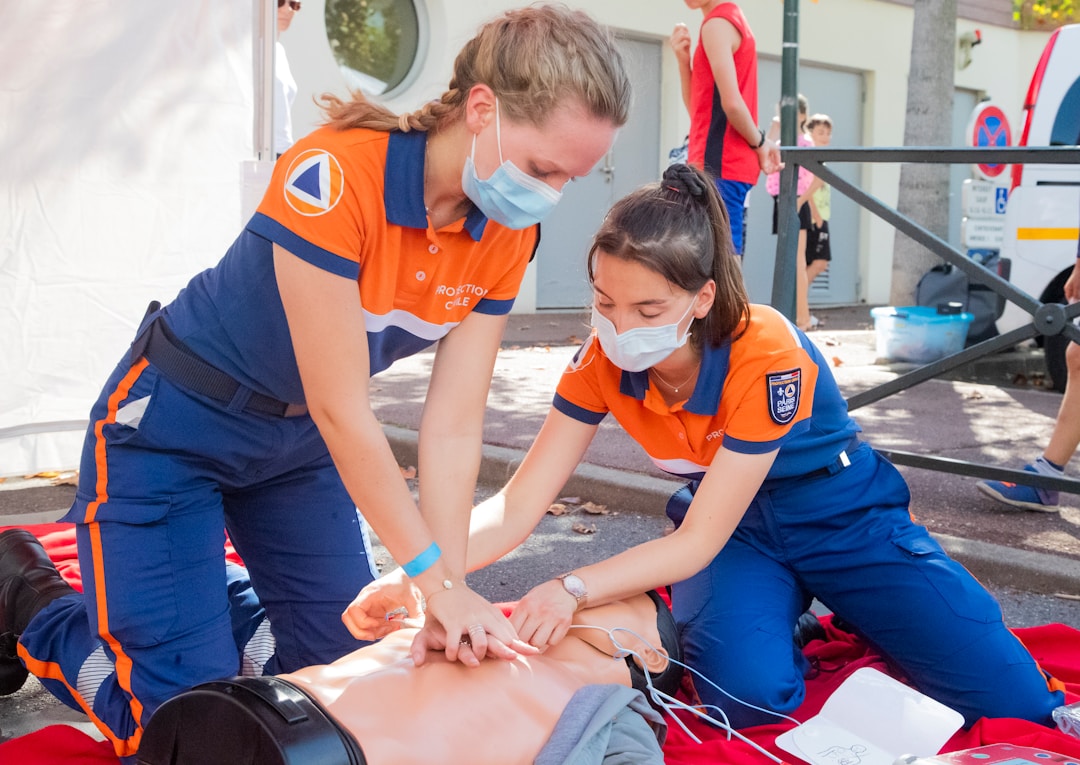








/w=1920,quality=90,fit=scale-down)
/w=1920,quality=90,fit=scale-down)










